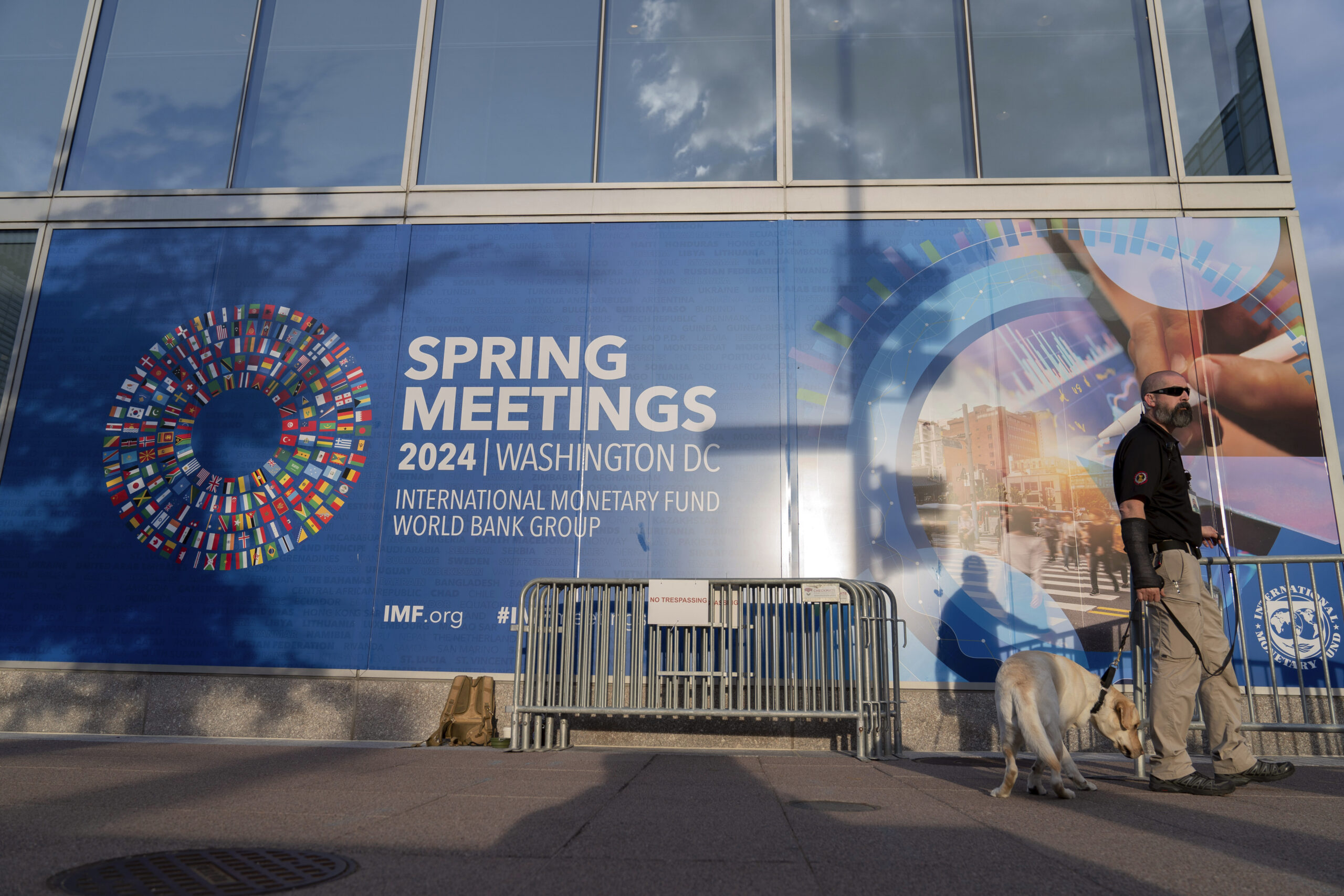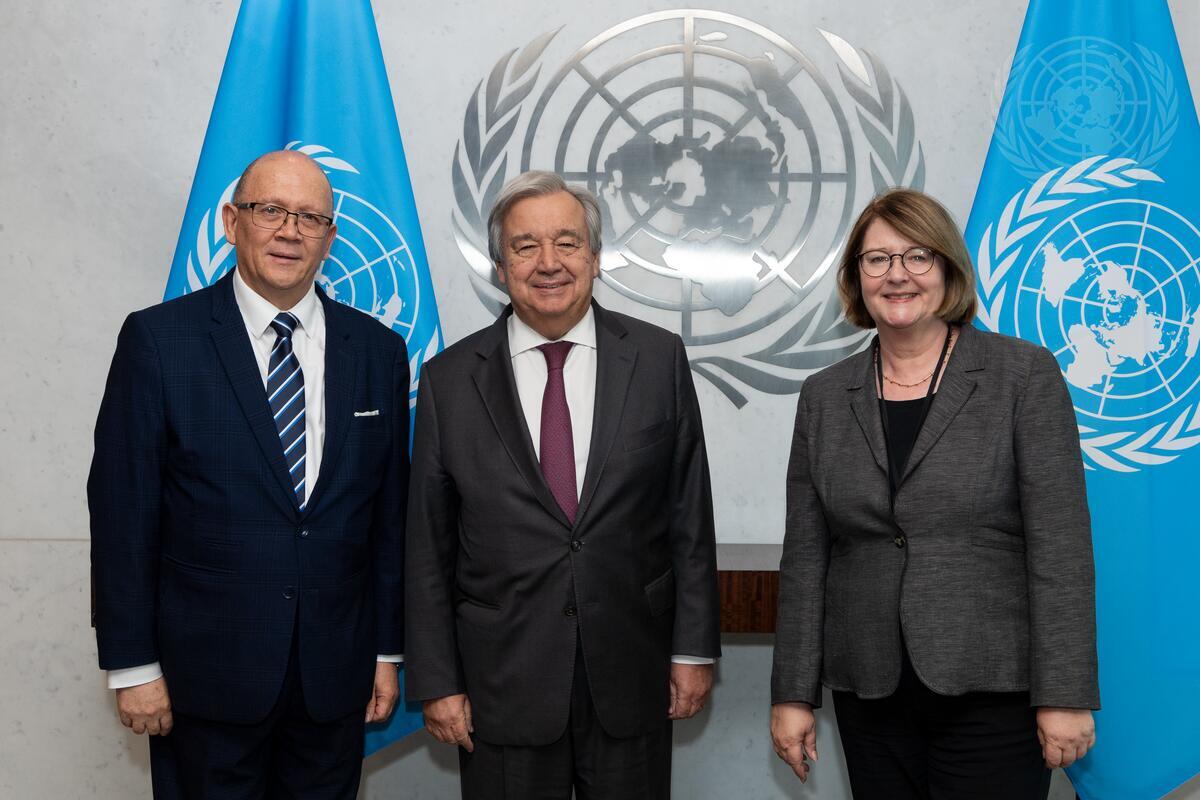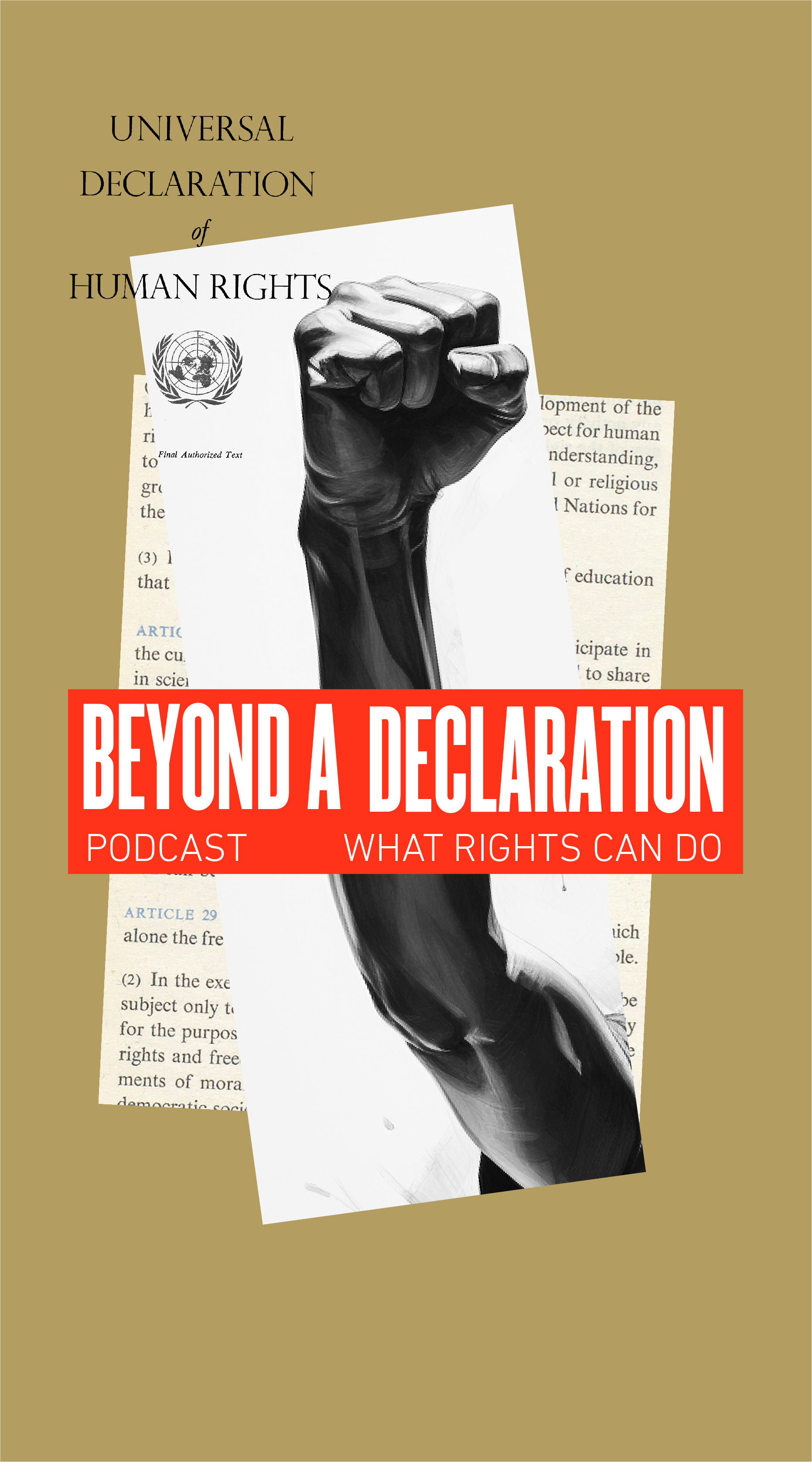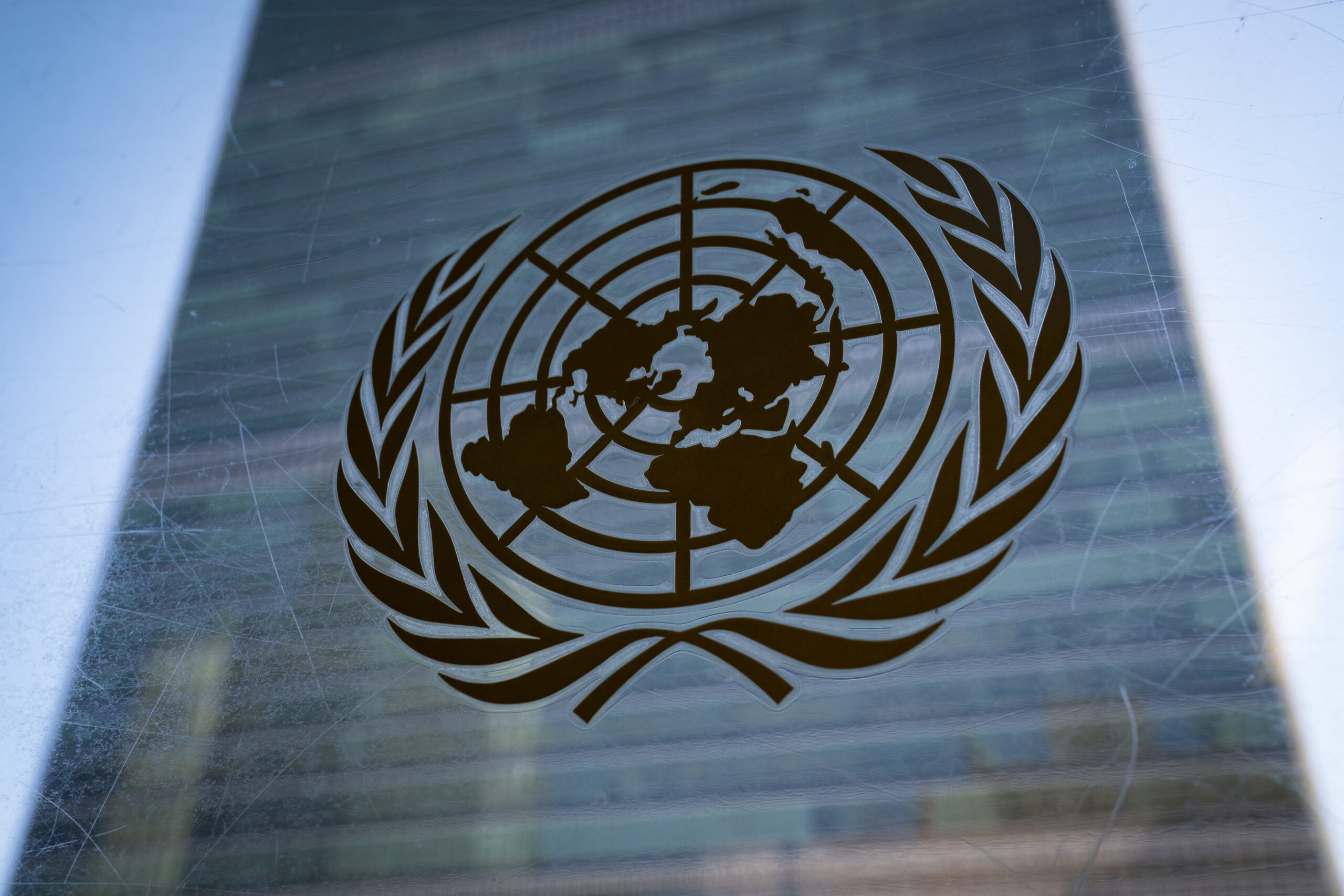For photos from this event, go to our Flickr page.
For the Joint Declaration of the Indigenous Women Leaders at the UNPFII, go to the bottom of the page.
The Rosa Luxemburg Stiftung—New York Office, together with partner organization MADRE, has invited Indigenous women leaders from across the world to participate at the sixteenth edition of the United Nations Permanent Forum on Indigenous Issues at the UN Headquarters in New York. The goal of this project is to support their advocacy efforts at the UN and promote the effective participation of women from civil society in the international arena by shaping and influencing discussions and processes.
On the 10th anniversary of the UN Declaration of the Rights of Indigenous Peoples our organizations will co-host a delegation of Indigenous women leaders from Africa, Asia, Latin America, and North America. From April 21-28, 2017, the delegates will engage in an exchange of knowledge and experience with fellow activists, UN experts, and governments representatives.
Coming from different parts of the world with particular needs and demands, the delegation finds common ground on issues including Indigenous and women’s rights, climate change, conflict resolution, and sustainable development. This year, we will focus on understanding the scope and potential of international rights instruments such as the Declaration of the Rights of Indigenous Peoples—a landmark document that protects the livelihoods and resources of Indigenous communities worldwide— to design effective strategies to respond to the threats that prevent the realization of collective and individual rights.
We have planned a number of events for the delegation intended to create a platform to share different approaches among movements and peoples. We will host public panel discussions on movement building and how to confront and lobby policy-makers. Seeking to cultivate an international network of Indigenous women and allies, we will also host a joint reception that will facilitate dialogue among members of civil society, political representatives, and other key actors.
This project is part of an on-going collaboration between RLS–NYC and MADRE to support Indigenous women leaders, and it embodies one of the primary goals of our organization: to cooperate with progressive leaders from the Global South by supporting and enabling opportunities to influence decision-making processes at the United Nations.
UNPFII Side Event – Our Way Forward: A Movement Dialogue to Defend and Advance Our Rights
Monday, April 24, 1:15-2:30 pm
FF Building, Rio Room
340 East 45th St (between Second and First Ave), New York
Download flyer here.
Panel Event – Indigenous Women’s Resistance for Climate Justice is Global
Thursday, April 27, 6:00-7:40 pm
Followed by a Reception, 7:40-9:00 pm
Church Center for the United Nations, Second Floor Room
777 United Nations Plaza (44th St & First Ave), New York
In collaboration with the People’s Climate Movement—New York
Download flyer here.
~ English and Spanish interpretation will be provided at both events ~
JOINT STATEMENT OF INDIGENOUS WOMEN LEADERS AT THE UNPFII
On April 27, the RLS–NYC & MADRE Delegation of Indigenous Women Leaders addressed the UN Permanent Forum on Indigenous Issues (UNPFII) with a joint statement on critical issues related to climate change, sustainable development, economic empowerment, and the human rights of environmental defenders, as they affect the realization of the rights of Indigenous women and girls worldwide. Below, the full text of the statement:
Oral Statement on behalf of Indigenous Women Delegation MADRE/RLS–NYC Office
Follow up on the Recommendations of the UN Permanent Forum — Empowerment of Indigenous Women
Thank you Madam Chair. May I take this opportunity on behalf of the African Indigenous Women’s organizations and all our Partners present in NY today congratulate you for being selected as chair of this 16th session;
We, Indigenous women from Nepal, Kenya, Canada, Nicaragua, and the United States, would like to address the UN Permanent Forum on Indigenous Issues on some critical issues undermining the realization of Indigenous women and girls rights around the world.
Madam chair, we all know that Indigenous women globally are at the forefront of movements to model sustainable environmental solutions and are key in using these models to halt climate change in their land and territories. They do this with the knowledge that they and their communities bear many of the worst impacts of climate change. We however note with concern that women and girls still continue facing inequality, discrimination, and often do not have the sufficient means to adequately research, access, and implement climate change adaptation and mitigation practices.
We welcome the recommendation from the 61st session of the CSW calling Member States, UN agencies and other institutions to take measures to promote the self-determined economic empowerment of Indigenous women, including access to education, meaningful participation in the economy, and noting the importance of the United Nations Declaration on the Rights of Indigenous Peoples for indigenous women and girls. We believe economic empowerment leads to the political empowerment, and for Indigenous women and girls to have a voice in policies that affect their lives.
We value that the Commission in March recommended states, UN agencies and other institutions to develop and adopt gender-responsive strategies on mitigation and adaptation to climate change, in line with international and regional instruments.
We call for the following recommendations:
1. We call on Member States and UN Agencies to include Indigenous women and girls in implementing national and international development frameworks and policies with particular focus on Sustainable Development Goals, agenda 2030, and the Paris Agreement. These processes should respect Indigenous Peoples’ rights and promote Indigenous women’s ability to access and manage resources. This will help indigenous women lead in adaptation and mitigation practices based on own knowledge and needs.
2. Urge the UN Permanent Forum to work closely with other UN Agencies in collaboration with Indigenous Peoples Organization to establish a monitoring mechanism that oversees the implementation of UN Declaration on the Rights of Indigenous Peoples and the actions taken in ensuring free, prior informed consent in development process. And to provide resources and technical assistance to Indigenous women to conduct research and monitor the processes at the local, national and regional level.
3. The Permanent Forum to conduct a study on the impacts of climate change on Indigenous women for the 17th Session in 2018, and further include climate change and its impacts in future reports, studies and publications, indigenous Knowledge Platform, as a standing/cross-cutting issue in all mandated areas of the Permanent Forum.
4. We urge Members States, UN Agencies and other donors to work closely with Indigenous women at the national level for financial support enhancing economic activities that empower Indigenous women and girls at all levels.
5. We reiterate that the special theme of the next session should be water and the violence against water and the water protectors.
(Click here to download the text.)



